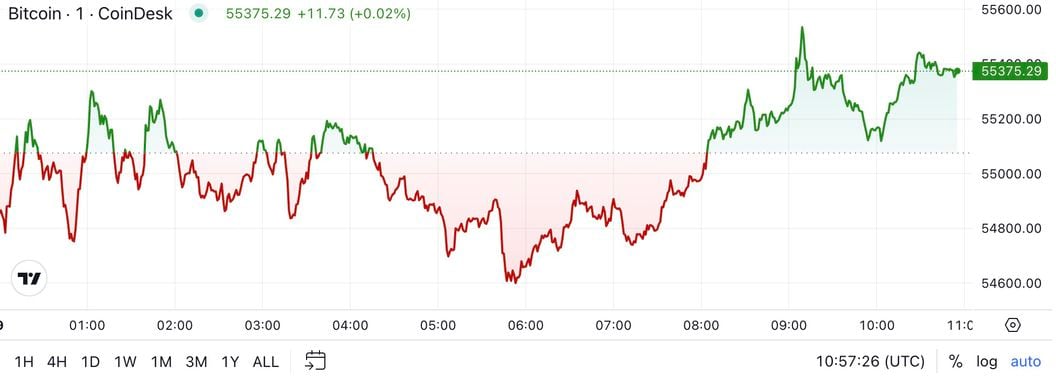(Bloomberg) -- Ethiopia is opening a stock exchange after a five-decade gap, in its latest step to lure investors to a nation that’s struggling to control regional strife as it recovers from a civil war.
Ethiopia Investment Holdings, which controls 40 state-run companies, is selling shares in Ethio Telecom to raise as much as 30 billion birr ($234 million) in an initial public offering. The company’s debut, along with the government’s plan to list other firms, will herald the start of the new bourse, according to Tilahun Kassahun, chief executive officer of the Ethiopian Securities Exchange, which opens on Friday.
Eastern Africa’s biggest economy expanded an average 8% in the past decade, even as it suffered a conflict that resulted in 600,000 casualties. Prime Minister Abiy Ahmed’s government — after agreeing on a peace accord in 2022 — now wants to woo investors in an attempt to create jobs in a nation where more than a quarter of the youth are unemployed.
“The opening of a domestic stock exchange is a key part of the economic and political transition of a frontier market,” said James Johnstone, co-head of emerging and frontier markets at Redwheel, which manages $8 billion in assets. “There’s currently very limited international investment in these fast growing economies. So we remain very excited by the opportunities.”
The biggest move by the government was to end half a century of control over the currency. That unlocked $20 billion in financing from the World Bank and the International Monetary Fund.
Africa’s most-populous nation after Nigeria also changed rules so that investments in the capital market are “treated favorably” to allow investors repatriate funds easily, Tilahun said in an interview.
Still, the country had just $1.5 billion of reserves as of March, according to the IMF. The central bank hasn’t released more recent data.
While a $3.4 billion bailout deal with IMF will bolster foreign-exchange levels, “liquidity levels remain far from comfortable,” said Jacques Nel, an economist at Oxford Economics Africa.
Investors will see similarities with Nigeria, which until recently made transferring dollars overseas difficult to help conserve its reserves.
To discourage “hot money” flows, Abiy’s government plans to introduce rules that will mandate a minimum investment period, Tilahun said.
Ethiopia had a stock market for 14 years until 1974, when Emperor Haile Selassie was overthrown by the nation’s military and share trading abolished.
The new institution aims to list as many as 50 companies in the next five years, Tilahun said. Some will join the bourse via a so-called listing by introduction — which does not involve an IPO — though how many is not yet clear.
The drive to attract investors began after Abiy’s government and dissident Tigrayan fighters signed the 2022 pact to end the two-year conflict. Still, Abiy has struggled to contain ethnic tensions in Ethiopia’s Oromia and Amhara regions, where government soldiers and regional militias clash frequently.
“Insurgencies are ongoing in several parts of the country and it is hard to see how the current government will be able to reestablish a centralization of political power and effective governance,” said Mark Bohlund, a senior credit research analyst with REDD Intelligence. “This is likely to be a major concern for foreign investors.”
Since the truce, Ethiopia has allowed foreign banks to operate in the country and it has approved overseas investments in coffee and oil seed exports, as well as in transport, logistics and retail businesses.
But there are other issues that investors will have to contend with. For one, the exchange still doesn’t have any brokers or custodians.
The nation’s progress with restructuring its $1 billion of eurobonds will also weigh on investor sentiment as they consider the new opportunity.
“The major roadblock has been the foreign exchange environment and the unstable macroeconomic situation in the country,” Tilahun, said. “Now that we have addressed these issues, the remaining tasks should be relatively straightforward.”
Sign up for the twice-weekly Next Africa newsletter for the latest business and economic news from the continent.
--With assistance from Helen Nyambura.





